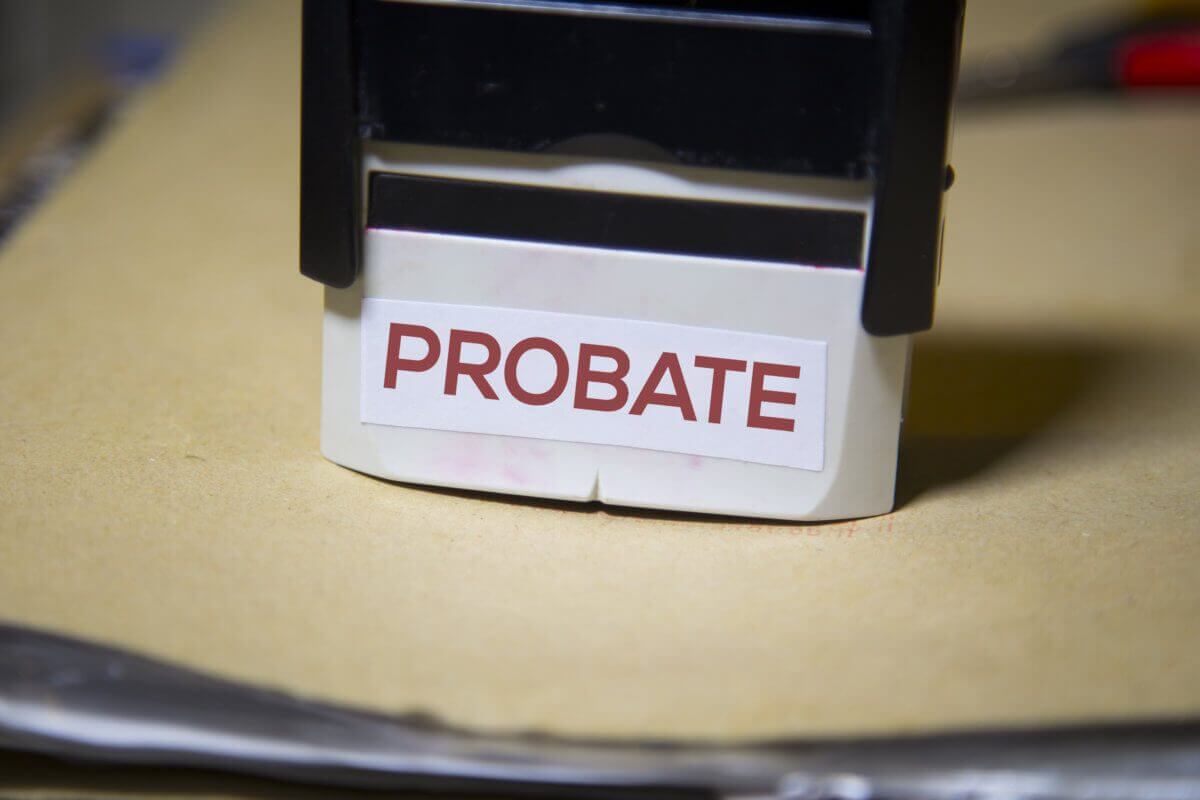
Strategies to Help Your Family Avoid Orange County Probate Court After You Pass Away
Even those who don’t fully understand the probate process are pretty clear about the fact that they want to avoid it. As an Orange County probate lawyer, I see so many cases where probate could have been shortened or avoided altogether if only people had more information.
Probate is a legal process that takes place when an individual dies. If he or she has a will, probate is a time when the courts check to ensure it is valid so that property can be distributed according to that person’s wishes. During this time, all of the individual’s assets need to be accounted for, and any debts and taxes must be paid before money or property is given to beneficiaries.
Unfortunately, probate can take a very long time. At best, Orange County probate is likely to take at least 12-18 months, although more complex estates, or those involving any contests, can take years. During this process, beneficiaries are unable to access their inheritance, it is difficult for property to be sold, and the legal costs and fees are expensive. For more about the dangers of probate and what we call the “Probate Grinder,” watch our video here.
Some estates, however, are not subject to probate. In California, if the total fair market value of an estate is valued at or under $150,000, then the probate process is allowed to occur outside of court. This is commonly referred to as “small estate probate” and is administered much quicker and less expensively. A probate lawyer can assist you with the requirements and paperwork involved with this type of probate.
In addition, there is some property that is not subject to probate at all. These are assets that are either jointly held by more than one person, or assets that have designated beneficiaries.
For example, there are types of accounts, like life insurance, that pay upon the individual’s death. Many people don’t realize that some savings and checking accounts can be designated as payable-on-death. A probate lawyer can help with the details, or you can try talking to your bank to see what you can do about naming beneficiaries and keeping that money out of probate.
Other types of accounts, such as stocks, bonds, and mutual funds, can be set up to transfer upon your death. There are specific forms that need to be filled out for each type of account or property, but the process is not terribly complicated. As with the case of a payable-on-death bank account, beneficiaries do not have any rights to the money or property in a transfer-on-death situation until the current owner is deceased.
Retirement plans, for example, can avoid Orange County probate when beneficiaries are clearly named. Upon your death, benefits automatically transfer to those beneficiaries. However, there may be adverse consequences or tax ramifications in doing so. For example, a beneficiary may not be able to protect funds inherited from your retirement from lawsuits, divorce, or other debtors. Talk to your estate planning lawyer about creditor protections that might a better solution.
Property, whether accounts or real estate, that is owned jointly (called “joint tenancy”) may also avoid the probate process. That means that if a home is owned in both spouses’ names, it can automatically pass to the surviving spouse. By setting up joint tenancies for other property, you can help to avoid having them go into probate.
Be careful, though, these strategies for designating beneficiaries or joint ownership can get complicated. For example, family dynamics need to be considered in blended family situations or when leaving property to just one of your kids. There are also potential tax ramifications and risk exposures to consider (watch our video and read this blog post to learn more). Talk to your lawyer before choosing this option, as there may be safer ways to achieve your goals.
A final tool for avoiding the probate process is the living trust. In simple terms, you declare a trust that holds your properties. While living, you (and possibly your spouse or other designated people) act as the trustee and are able to control all of the property within it. The trustee will also be in charge of distributing funds when you pass away, which helps avoid the need for probate, as the property is accounted for and beneficiaries are already named.
Probate can be a hassle, so knowing what you can do to avoid it is to your benefit. Likewise, it works in favor of your beneficiaries, as less of your estate will go to pay for probate lawyers and other legal fees and costs. If you’d like to learn more about setting up your estate in such a way that allows you to avoid Orange County probate, call our office at (949) 333-3702 to schedule a Strategy Meeting.
